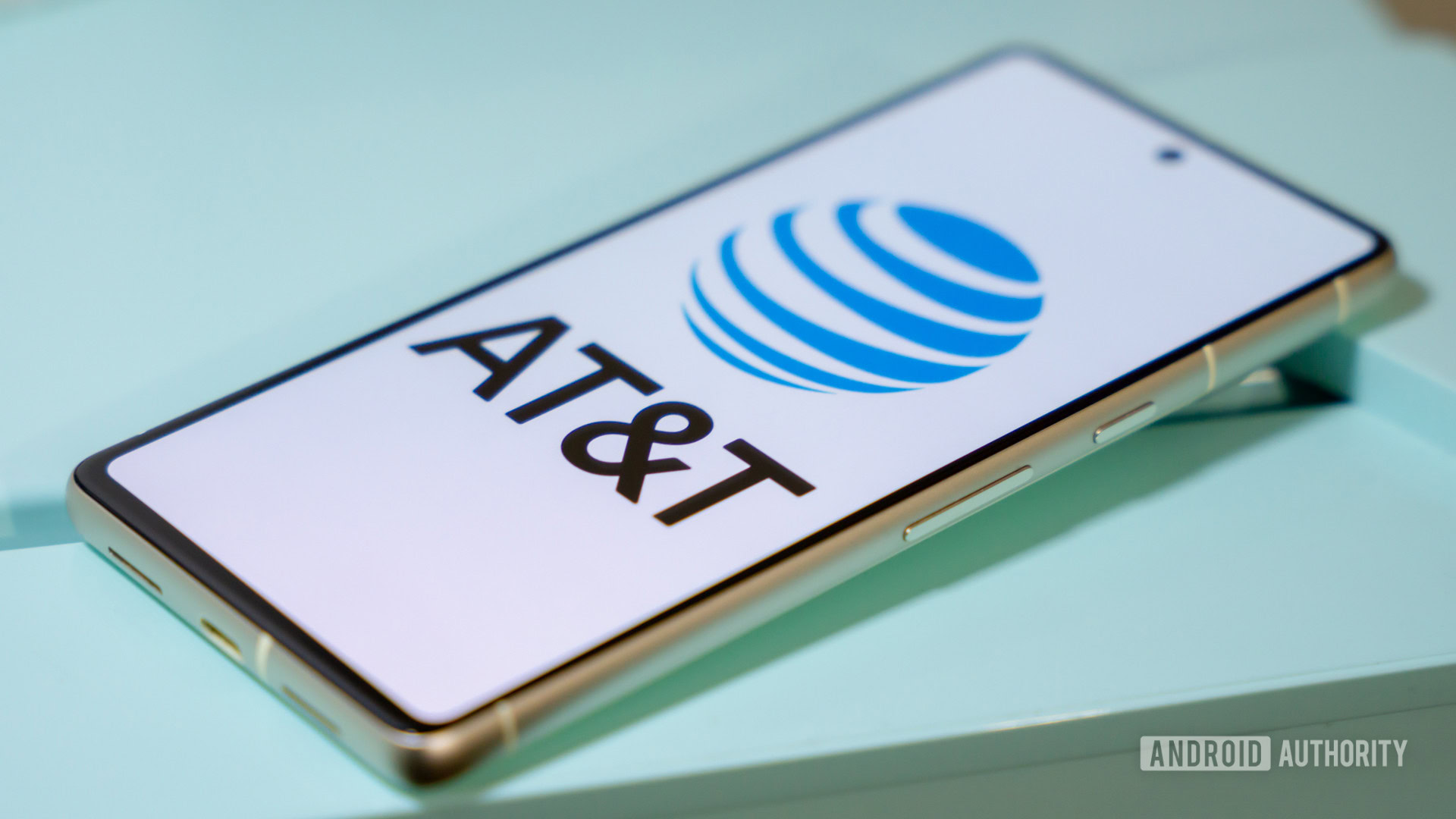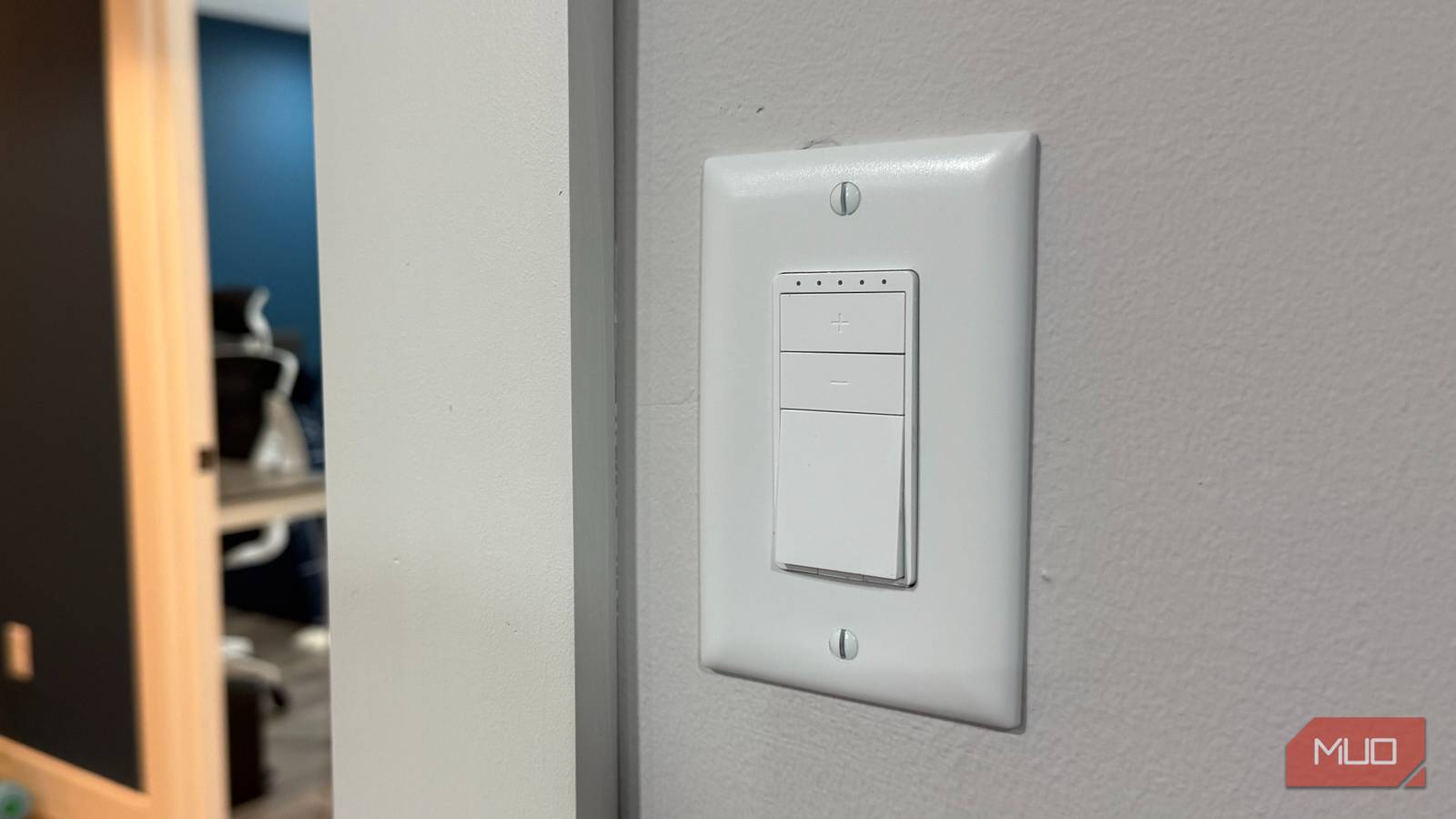ChatGPT got sassy with me and told me “human hope is adorable” when I asked it about my favorite college football team’s prospects this season. It offered me tips for “petty human revenge” when my cat wakes me up in the middle of the night. And then, with a couple of clicks, it changed its tone to be sympathetic and earnest.
It’s the result of a new feature OpenAI unveiled with the chatbot’s GPT-5 model, released this week. With one quick selection, you can change the entire tone of ChatGPT’s answers to you. The choices — Default, Cynic, Robot, Listener, Nerd — allow you to dial in the kind of experience you want. (Disclosure: Ziff Davis, ‘s parent company, in April filed a lawsuit against OpenAI, alleging it infringed Ziff Davis copyrights in training and operating its AI systems.)
The debut of GPT-5 has been a little rockier than OpenAI expected, with many users complaining that they couldn’t access older models like GPT-4o. OpenAI quickly rolled that back, but there have been other issues, like a slow rollout of the new model to all users.
I took all five for a spin with the same questions: One about Alabama football, one about Shakespeare and one about my cat’s habit of getting the 3 a.m. zoomies. Below, I’ll tell you what I thought about each. But first, the basics.
How to change ChatGPT’s personality
Enlarge Image
This menu allows you to change how ChatGPT talks to you.
Switching personalities is easy. In the browser, you can click on your account info on the bottom left and choose “Customize ChatGPT” to pull up a range of options. You can tell it your name and job and choose certain traits you want it to have. What I played around with specifically was the question “What personality should ChatGPT have?” There, you can scroll through the five options and see a preview of what each one might sound like. On the mobile app, you can find this under Settings > Personalization > Customize ChatGPT.
When you change its personality, you should start a new chat to ensure you’re getting the tone you selected. Otherwise, you’ll be stuck with the old one and wonder why nothing changed.
Default: The tone you expect from ChatGPT
ChatGPT’s default voice is basic, straightforward and businesslike. When I asked how it thought Alabama’s football season would go this year, it gave me a lengthy recap of the major issues and storylines in a tone you’d expect from a sportswriter.
I then told it I was thinking about reading more Shakespeare and asked where I should start with the history plays, which I had never read in school. The night before, while at the bookstore, I had browsed Reddit for the answer to this question, and what I got from ChatGPT was basically the same answer I got there, with a few different options. It was a lot of text to tell me to start with Richard II.
Finally, I asked what I should do about my cat waking me up every night at 3 a.m. ChatGPT provided a detailed step-by-step explanation, mostly about ensuring he gets more activity during the day and especially right before bedtime, with a big meal right before bed. The answer had some emoji spread throughout, which I’ve seen frequently in AI answers.
ChatGPT had a little personality, but not much: A tone that sounds like a helpful Reddit thread or blog post, which makes sense considering that’s what the model was trained on.
Cynic: The bot gets snippy
The tone shift between Default and Cynic was immediately noticeable. For the football question, ChatGPT sounded like a grouchy talk radio caller — referring to head coach Kalen DeBoer only by his last name, saying that anything short of a playoff appearance means “DeBoer might as well start packing” and that being ranked third in the Southeastern Conference in a preseason poll is “arguably a participation trophy.”
(As an aside, ChatGPT bungled the schedule, saying Alabama plays Florida State, Georgia, South Carolina and Auburn all in September, when those games are actually spread across four months. If this model is like talking to someone with a doctoral degree, as OpenAI CEO Sam Altman has claimed, it’s clear that degree didn’t come from a football school.)
Read more: AI Essentials: 29 Ways You Can Make Gen AI Work for You, According to Our Experts
Answers to the other questions also showed more personality. ChatGPT said Shakespeare’s Henry VI Parts 1-3 and Richard III are “like the Fast & Furious of medieval politics — less about subtlety, more about chaos.” It told me to stick to a routine for the cat “like a stubborn monarch.” Maybe it still had Shakespeare on the brain.
Content-wise, the answers were basically the same as for the Default setting. It was just the tone. If you want to feel like you’re talking with a grumbly teenager, maybe go with the Cynic. I’ll probably pass.
Watch this: OpenAI Introduces GPT-5 at OpenAI’s Summer Update Event
Robot: No flash or style, and that’s the point
The Robot is devoid of personality. Its answers are succinct. Its sentences are short. For the football question, its sentences sounded like reworded headlines: “Ty Simpson is Alabama’s named starting quarterback for the 2025 season.” The Shakespeare answer was even shorter. It just told me to start with the same series of plays (the Henriad tetralogy) that the other personalities had, with very little context. The answer to the cat question was just bullet points with one-sentence explanations.
There’s no flavor here, no sass. That’s fine. If I wanted quick guidance and didn’t want anything else, this might be my pick.
Listener: I get it, you’re sympathetic
ChatGPT sounds here like it really cares about what I’m feeling. I sound anxious about the upcoming football season, I guess, “and that’s fair, given how much is shifting quietly beneath the surface,” ChatGPT assures me. It takes a generous tone toward the issues it highlights — the opposite of the Cynic — saying quarterback Simpson is “solid, if untested” and a “known unknown.” On Shakespeare, it tells me to read in a way that helps me get a feel for the story rather than “feeling like you’ve been dropped in the middle of a chessboard.” In retraining my cat, it says, “The hard part is holding the line while you’re half-asleep and they’re yowling in your face.”
This tone is kind and generous, but it feels almost a little too human. Especially given the very real concerns around how many people are leaning on AI tools for emotional support and validation. Even Altman has said he’s worried that some people are growing too attached to the personalities of AI models. A tone that is robotic reminds you it’s a robot. A tone that is too caring may give you false hope or confidence.
Nerd: Maybe too much information
No matter what your interest is, someone out there knows way more about it than you do or at least thinks they do. That’s what talking to the Nerd feels like. When I asked about football, it started citing advanced statistics and training camp reports. It reminded me of trying to have a conversation with the sportswriters on my college newspaper staff — a lot of things only a blogger would know. It recommended I read annotated versions of Shakespeare (including recommending the Folger and Arden editions) and watch filmed versions alongside reading. Which is helpful, but incredibly nerdy.
I can see the Nerd personality being useful for going down intensive rabbit holes of information. But again, remember to check ChatGPT’s (or Gemini’s or Perplexity’s or whichever chatbot’s) citations and check its facts. Just because the chatbot sounds like it knows everything there is to know about the topic doesn’t mean it’s not making it all up.










